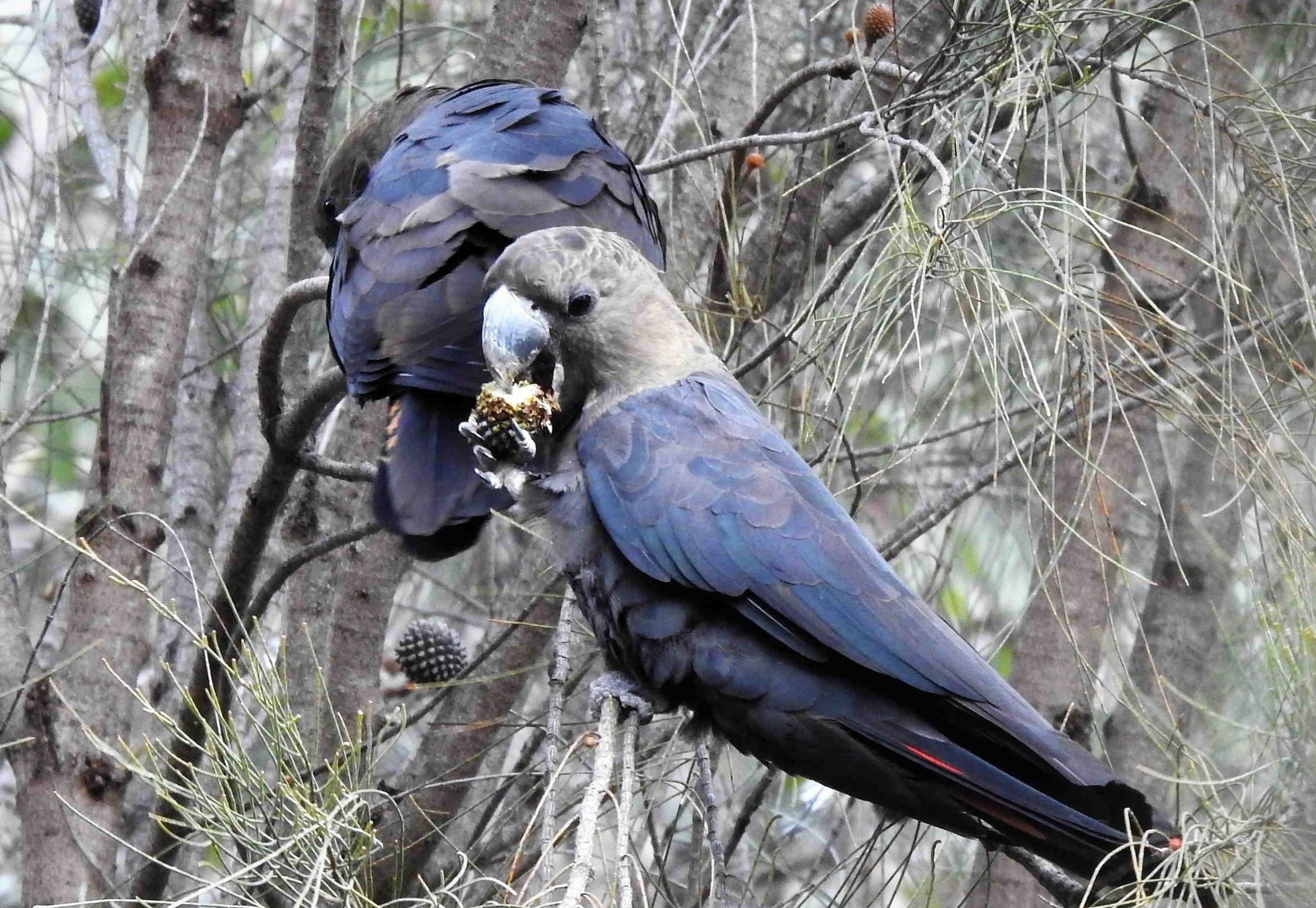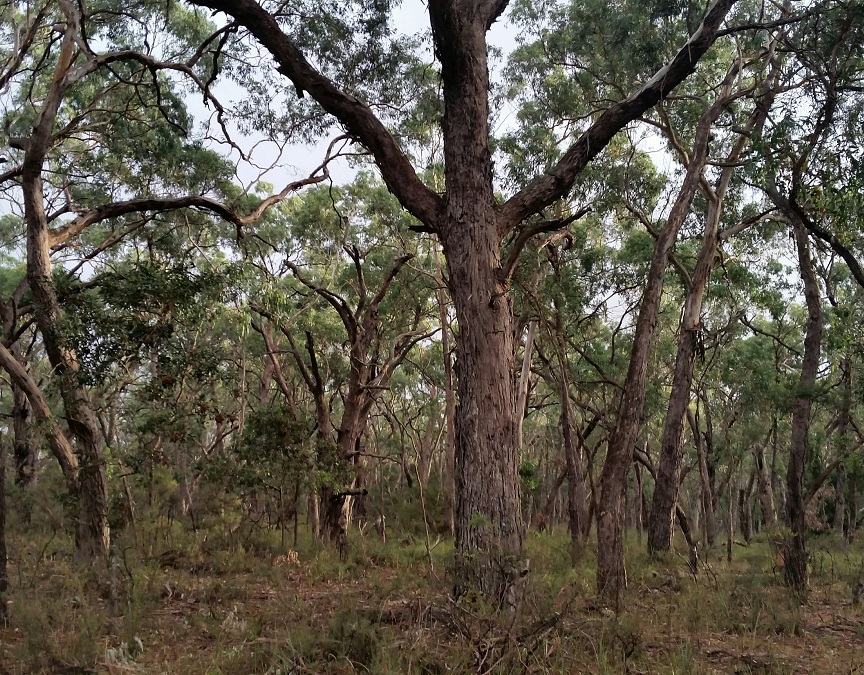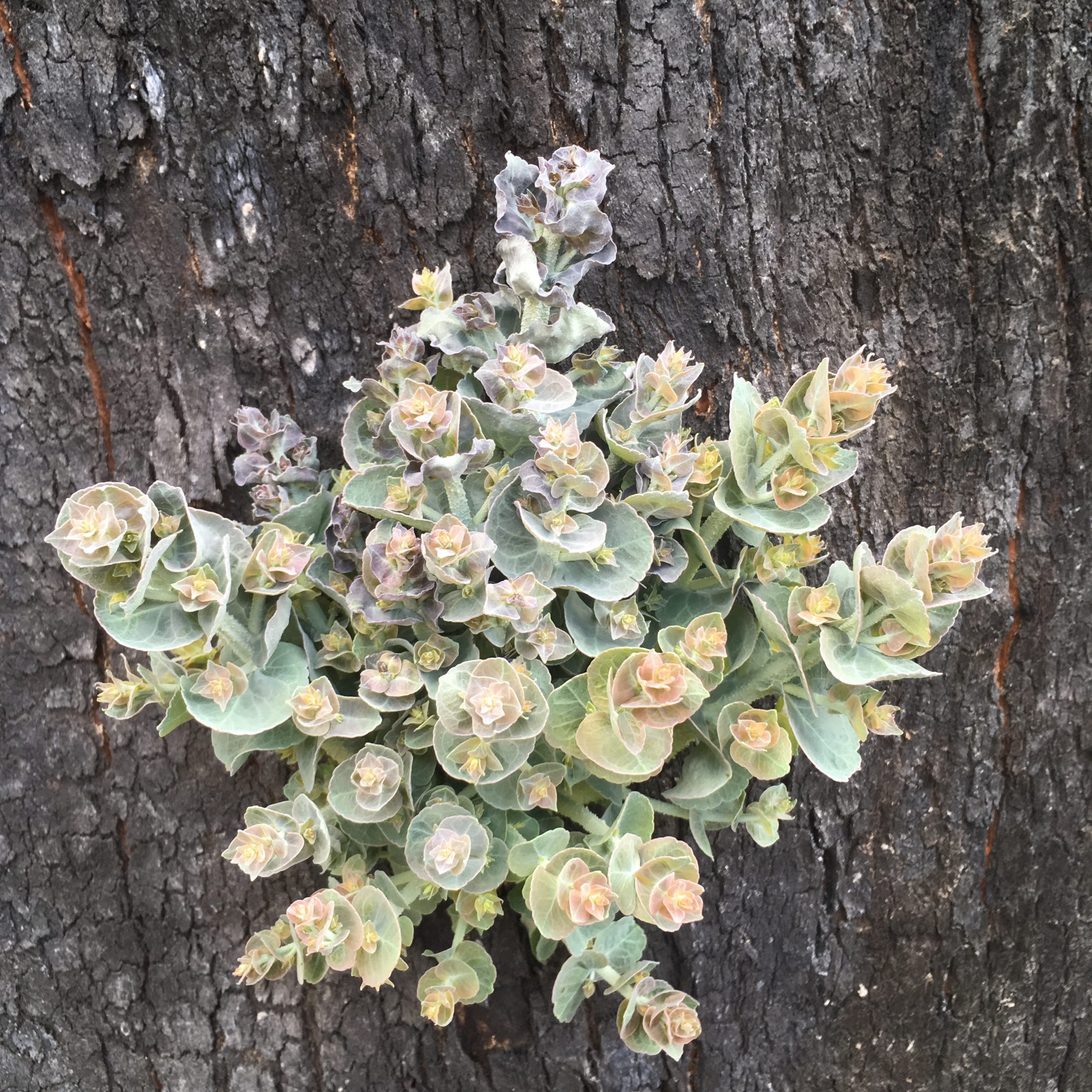Climate change mitigation and adaptation
Climate change poses a fundamental long-term threat to biodiversity.
As the planet warms, we are seeing more extreme weather events such as heatwaves, storms, floods and fires. Seasons are becoming less predictable. Rainfall patterns are shifting. Fire danger is increasing.
And the habitats that many species depend on to survive are becoming less livable.
Greenhouse gases released by human activity are driving these changes.
But we have the solutions – and one of them includes protecting and restoring biodiversity.
Ecosystems across land, water and sea are natural carbon sinks, which help absorb these greenhouse gas emissions that would otherwise have gone into the atmosphere.
So protecting nature has never been more urgent.
With your support, we can simultaneously build nature’s resilience, while helping fight climate change.


Fighting climate change
Destroying habitat is a major source of greenhouse gas emissions.
Trees and other plants absorb carbon dioxide and use it to grow. When forest and woodland is cleared, that carbon is released into the atmosphere. Less vegetation and less healthy ecosystems reduce the ability of the land to absorb carbon.
Protecting habitat prevents carbon being released into the atmosphere through clearing. Restoring and improving native vegetation can help reduce the amount of carbon in the atmosphere, as long as greenhouse gas emissions fall in other parts of society too.
Habitat protected through Trust for Nature stores 4.2 million tonnes of carbon. By protecting even more wetlands, grasslands, forests and woodlands, we can ensure that Victoria’s environment helps us fight climate change.
Improving resilience
Animals, plants and ecosystems are already experiencing the effects of climate change.
Reduced rainfall shortens growing seasons and decreases the availability of food, habitat and water. Higher temperatures impose stresses on species, which can lead to reduced breeding success or more animals and plants dying.
Climate change can also trigger shifts in the distribution of plants and animals, flowering times and mating seasons, and disrupt migratory patterns.
By protecting and improving habitat, we can create refuges for species in a changing climate. Tackling other threats like introduced species will make habitat more resilient.
Our Statewide Conservation Plan identifies the areas of Victoria that provide the best refuges for animals and plants. These are priorities for Trust for Nature to protect in the coming decades.

Checklist for landholders
If you are a Trust for Nature covenantor you are already taking vital action to reduce the impacts of climate change. Use the checklist below to find out what other steps you can take.